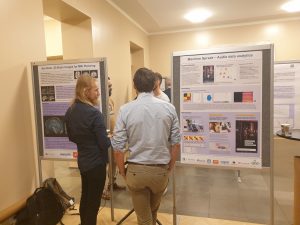Green ICT is not a new concept. However, for many reasons it has recently started attracting increasingly both software researchers, industrial software companies and public sector IT organizations. In particular, since many organizations and industrial sectors have announced their targets to become carbon neutral by 2030 or even sooner, there are clear motives and interests to develop and utilize green ICT. In general, sustainability goals call for green ICT.
So what is actually “green ICT” — and, conversely, what is then perhaps not so “green”? There are many aspects of “green” and, consequently, different definitions emphasizing different features of sustainability. In general, resource consumption (especially energy efficiency) is addressed. In current software systems environments, dependencies on various platforms and infrastructures (networks, data centers) make it complicated to realize the actual net effects. An apparently short piece of source code may actually require a lot more — thus being less “green”.
Nowadays ICT and software are increasingly utilized in most every industrial sector in many different ways. It has even been said that all companies are becoming “software companies”. In many cases, ICT is an enabling technology for “greening”. For example various equipment manufactures can embed software systems into their products to optimize energy consumption. Product development companies can use software tools to analyze the products under development to design-for-green.
Ultimately, a combination of utilizing green ICT for greening could be ideal. In such constellations, the ICT solution itself would not be a “problem” and it would provide solution possibilities to sustainability problems.
For us as software engineering researchers, the aforementioned developments introduce many intriguing research problems and aims:
- How to specify “green” software products and systems?
- How to design and develop them?
- How to measure the products and their development with respect to “green”?
and
- How to identify ICT opportunities for greening in different (non-ICT) industry sectors and application domains?
